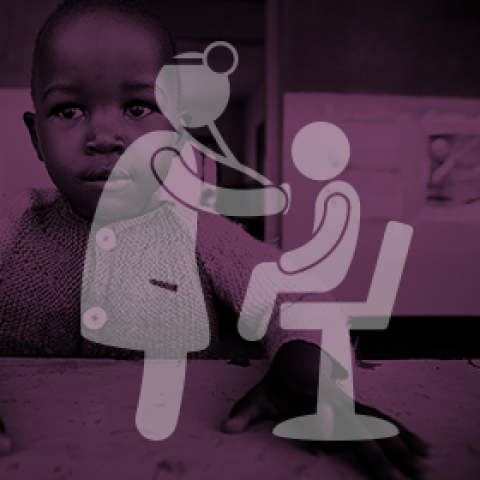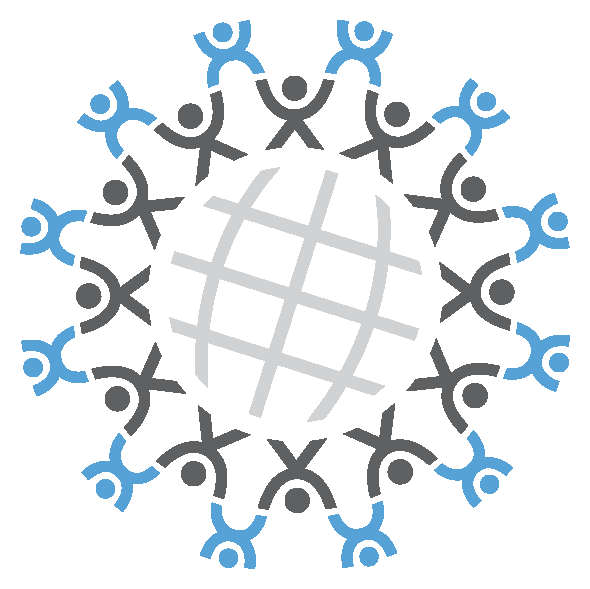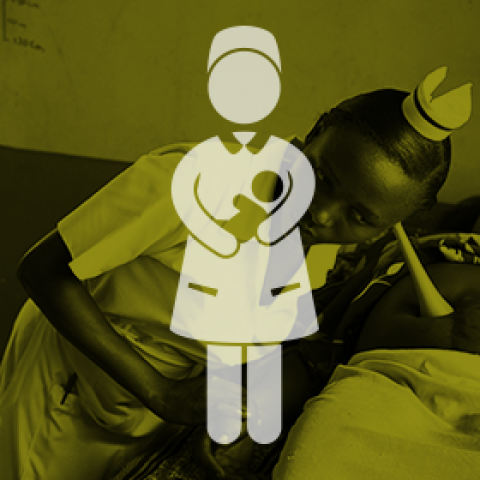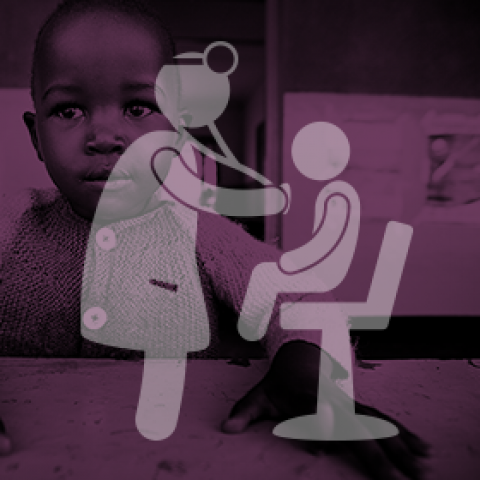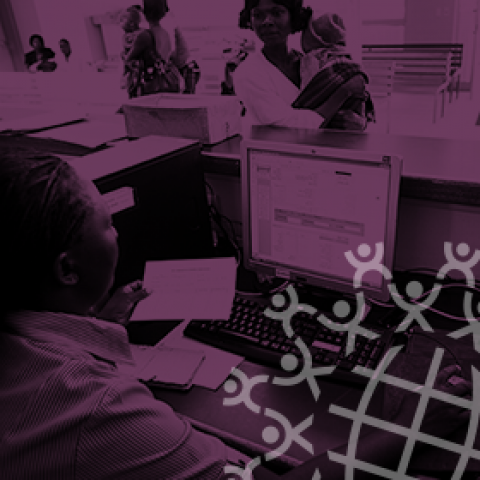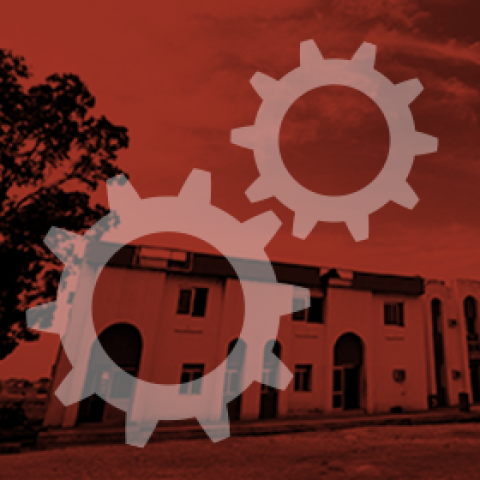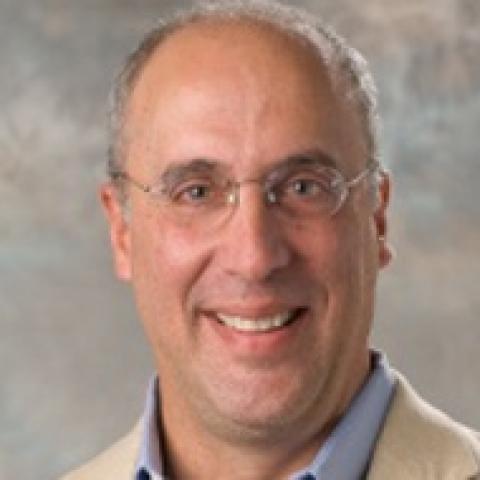
Maurice Middleberg
Former Vice President for Global Policy, IntraHealth International
Maurice Middleberg served as Vice President for Global Policy at IntraHealth International.
VITAL
Preventing Violence against Health: Data Collection Is Key
The horrific attack on Dr. Denis Mukwege in the Democratic Republic of the Congo is part of a much larger problem.Getting Health Workers to the Women Who Need Them
Maureen Kanyiginya is a young midwife with a gentle, confident presence. Sitting on a bench in a grassy area outside the rural health center where she works, in western Uganda, she says she loves helping mothers and delivering their babies. "I make mothers comfortable," she states firmly. "I'm a health worker."Letter to the Editor: Maurice Middleberg Defends Contraception as Preventive Medicine
Charles Krauthammer questioned the classification of contraception as preventive medicine, stating that “categorizing pregnancy as a disease equivalent is a value decision disguised as science.”A "Best Buy" for Saving Lives
This blog entry was originally published at ONE Blog.
Berthé Aissata Touré is a health worker in Mali, where women have an average of six children. In this country’s vast rural areas, childbirth...





